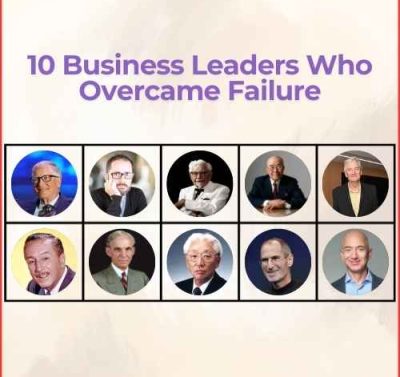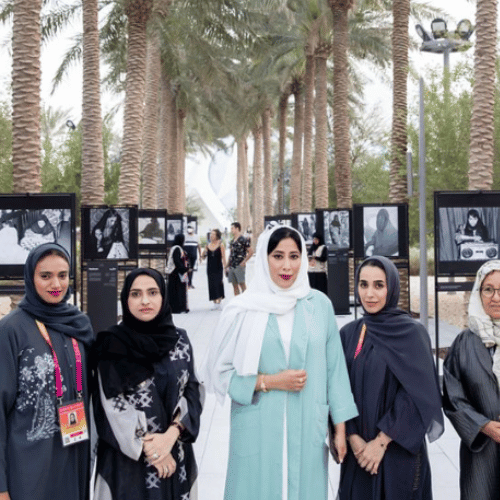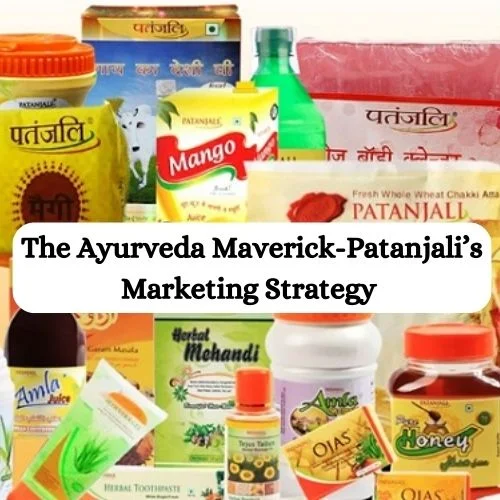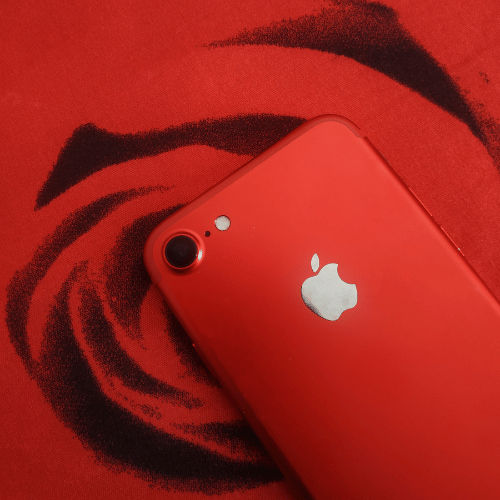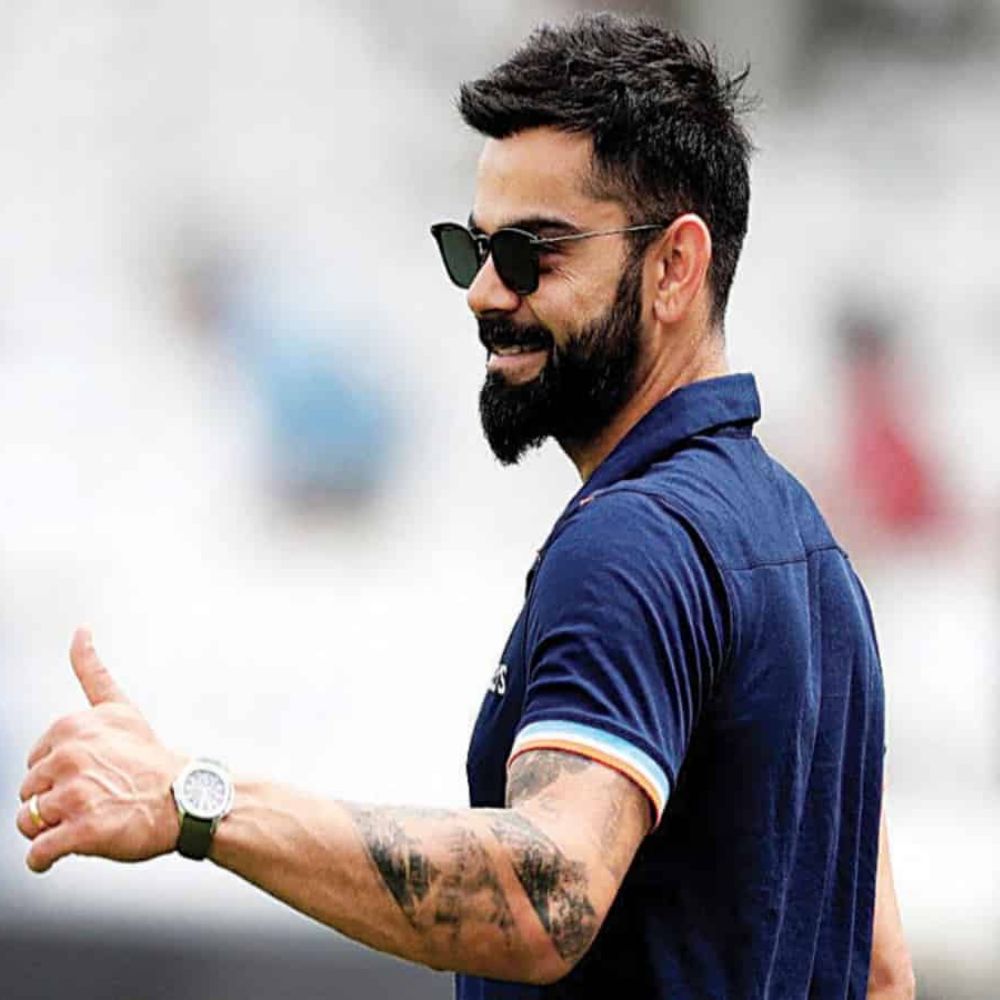Foodtech giant Zomato faces backlash and accusations of caste discrimination for its ad featuring actor Aditya Lakhia. The controversial World Environment Day ad, highlighting plastic waste recycling, was taken down after users criticized it on social media. Zomato has a history of marketing controversies, adding to a trend of public disputes among Indian startups.
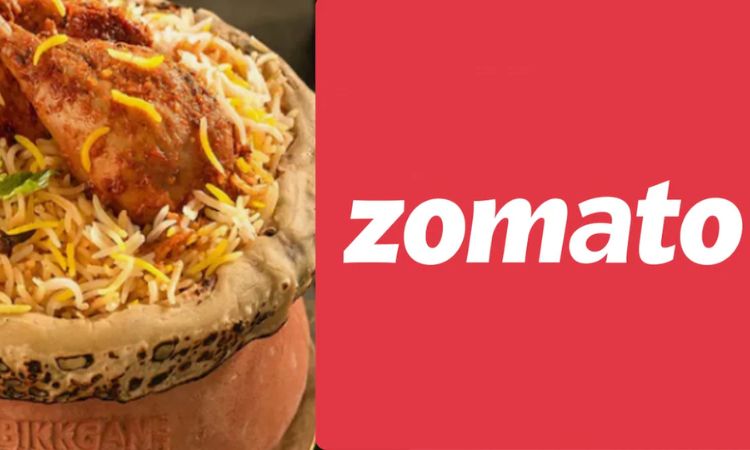
Image-: India Today
Zomato, a leading food-tech giant, removed its controversial ad campaign on Thursday (June 8) following widespread backlash from users online. The ad, released on World Environment Day (June 5), featured actor Aditya Lakhia, known for his role as ‘Kachra’ in the movie Lagaan, and drew parallels between the character’s name and plastic waste. However, users, including Indian film director Neeraj Ghaywan, criticized the ad for alleged caste discrimination. As a result, Zomato took down the campaign from all social media platforms.
The ad film aimed to promote the recycling of plastic waste by highlighting Zomato’s claim of having recycled 2 Cr kg of plastic so far. It humorously showcased Lakhia impersonating various objects made of plastic, such as a human jacket, lamp, and hand towel, to emphasize the amount of plastic used in their production. The video concluded with a montage urging people to recycle plastic and a message stating that Zomato recycles double the amount of plastic it delivers, effectively keeping it out of landfills.
Twitter became the platform for users to express their discontent with Zomato’s ad. One user tweeted that the ad made for an uncomfortable watch and differed in opinion from their usual appreciation of Zomato’s marketing efforts. The company faced criticism and decided to issue an apology, acknowledging that the ad may have unintentionally hurt the sentiments of certain communities and individuals. Consequently, they removed the video from circulation.
Zomato’s involvement in controversies related to its marketing campaigns is not a new occurrence. In the past, the company had to take down an ad featuring Hrithik Roshan due to allegations of religious sentiment being hurt. These incidents reflect a broader trend of public disputes involving Indian startups over the past year. Examples include BharatPe‘s managing director engaging in a public argument with the board and executives, Ola founder Bhavish Aggarwal responding aggressively to criticism on Twitter, and issues of corporate governance affecting startups like BYJU’S and Zomato’s acquisition of Blinkit. Public clashes between founders and investors have also been observed in companies such as Trell and Zilingo.








